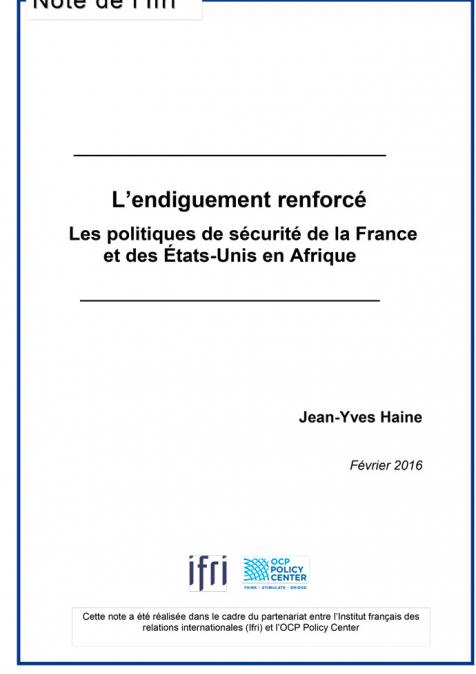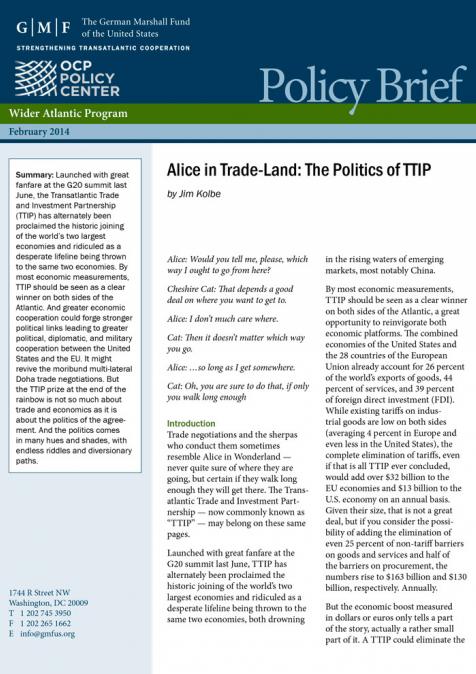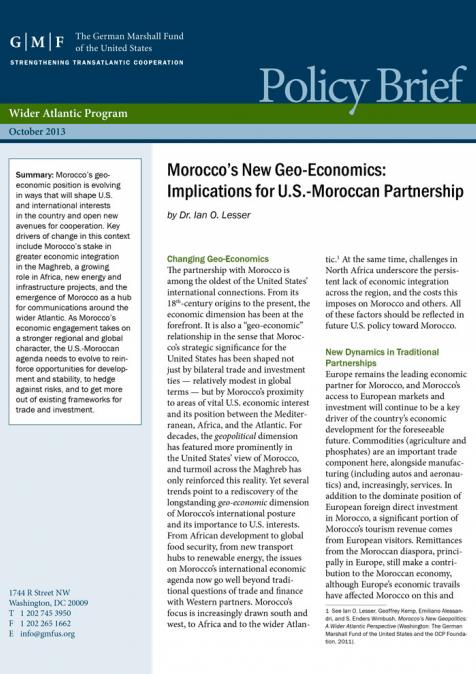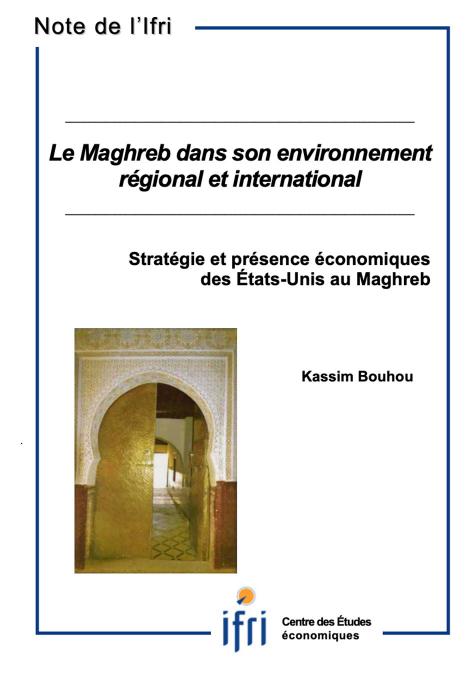Publications /
If America votes Donald Trump out of office in November, will he go? Just a few days ago (Sept. 13), one of Trump’s closest political friends, Roger Stone, publicly suggested to the President that if the votes should go against him, he should alert the military, ready to defend his power, and arrest opponents including the Clintons or Microsoft boss Tim Cook and Mark Zuckerberg of Facebook fame. Stone was sentenced in February 2020 to 40 months in jail for witness tampering, making false statements and obstruction, but Trump pardoned his buddy, and to thank his savior Stone now pushes Trump to call martial law. It seems unthinkable but the President has declared repeatedly in public that he might not accept the result of the November 3 election. Trump has argued that only fraud, the manipulation of votes sent by mail, could result in his loss.
Breaking the Rules and Getting Away With it
“No other modern U.S. President has entered a re-election race claiming in advance that the result is likely to be massively corrupt and unfair,” wrote CNN journalists Stephen Collinson and Caitlin Hu (August 17). “Trump falsely claims there’s huge fraud in postal voting (a necessity in a pandemic), but an equal threat to the vote’s legitimacy may be the U.S. Postal Service’s diminishing capacity to deliver all the mailed ballots on time, after it removed post boxes, cut staff hours and slowed mail under the direction of a new pro Trump postmaster general.” Trump has repeatedly predicted “RIGGED ELECTIONS” and a “substantially fraudulent” vote and “the most corrupt election in the history of our country,” all based on false, unfounded, and exaggerated claims. It is the language of “conspiracy theorists, cranks, and defeated candidates, not an incumbent living in the White House”, wrote Peter Baker in the New York Times. “Never before has a sitting President of the United States sought to undermine public faith in the election system the way Mr Trump has… Just floating the possibility of postponing a Presidential election, an idea anathema in America and reminiscent of authoritarian countries without the rule of law, risks eroding the most important ingredient in a democracy—the belief by most Americans that whatever its manifest flaws, the election result will be fundamentally fair.” Jonathan Turley, a George Washington University law professor, quoted in the same New York Times article, said Trump is “seeding distrust about the legitimacy of even holding an election.” In the New Yorker (June 3), author Masha Gessen wrote that Mr Trump “is now performing his idea of power as he imagines it. In his intuition power is autocratic; it affirms the superiority of one nation and one race; it asserts total domination; and it mercilessly suppresses all opposition. Whether or not he is capable of grasping the concept, Trump is performing fascism.”
A Force of Chaos
In 2016, when electing Trump, many Americans chose “to prioritize their personal indignation, placing their own resentments above any concern for the fate of the country and the world, as they rushed to elect a man whose only credential for the job was his willingness to give voice to their hatreds, validate their anger, and target their enemies, real or imagined,” wrote anthropologist Wade Davis in Rolling Stone magazine (August 6). “One shudders to think of what it will mean to the world if Americans in November [2020], knowing all that they do, elect to keep such a man in political power.” On Wednesday January 20, 2021, the new President of the United States and his Vice President will be sworn in, but if a sitting President blocks the traditional procedure of the transfer of power, Congress would be obliged by law to select an acting president, possibly appointing the Speaker of the House, Nancy Pelosi, age 80, who has been a member of the House of Representatives since 1987. Even if this vision of the incredible seems far-fetched, it is not. According to Stephen Collinson and Caitlin Hu, if Trump loses the election and refuses to accept the verdict he will “not just fracture the legitimacy of the election—he will destroy any hopes [Democrat Joe] Biden may harbor of uniting the country against the pandemic, since millions of the President’s supporters will buy his claim he was cheated. If Trump wins, tens of millions of Democrats will believe that White House pre-election maneuvering stole the presidency. Either way, trust in elections—the bedrock principle of democracy itself—will be catastrophically eroded.” If Donald Trump loses the election, he could run again for office in 2024 and remain a force of chaos. Whatever happens in November, the answer to the question “Will Trump go?” might unfortunately be “Not for a long, long time.”
The opinions expressed in this article belong to the author.






